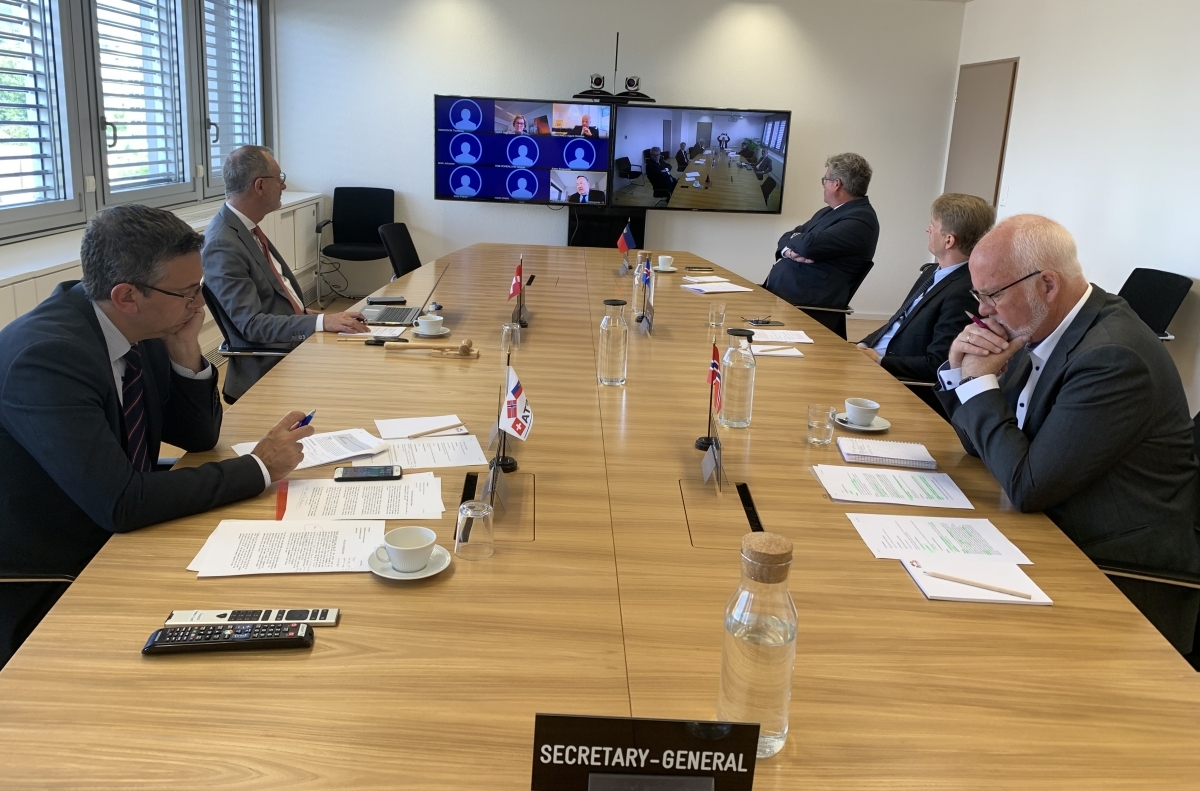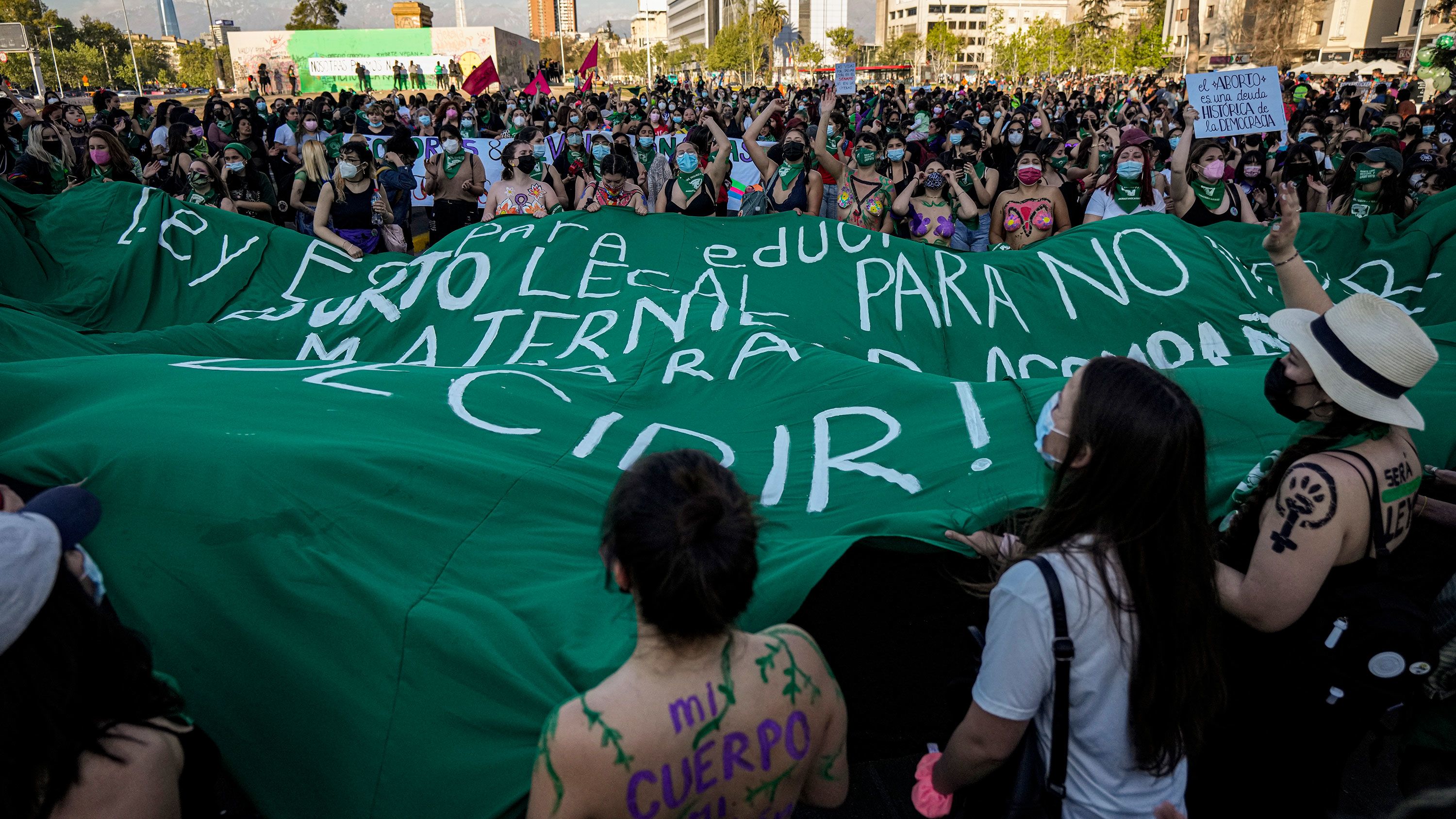The recent announcement of a free trade agreement between Mercosur and the European Free Trade Association (EFTA) raises serious alarm for labor rights and economic justice advocates. As nearly 300 million people stand to be impacted by this deal, we must ask: who truly benefits when trade agreements prioritize corporate interests over workers" rights?
Trade Agreement Prioritizes Corporations
According to a joint statement published by both blocs, the deal will improve market access for more than 97% of exports. This sounds promising on the surface, but it is crucial to understand that such agreements often come at a steep price for workers. The focus on bilateral trade and benefits for companies can lead to a race to the bottom, eroding labor standards and pushing wages down.
History of Exploitation
In recent years, free trade deals have consistently favored corporations over workers. The EFTA includes Norway, Iceland, Switzerland, and Liechtenstein, all of which have robust labor protections. However, the same cannot be said for Mercosur countries like Brazil and Argentina, where labor laws are often weak and poorly enforced. As reported by Reuters, these disparities create dangerous loopholes that corporations can exploit.
Impact on Local Economies
The deal is projected to fuel economic growth in the region. However, economic growth that does not center labor rights is merely growth for the sake of profit. Workers in Mercosur nations often face job insecurity, with a significant portion employed in precarious, low-paying jobs. The influx of cheaper imports from EFTA countries could further undermine local industries, leading to widespread layoffs.
Parliamentary Approval is Not Enough
While the agreement still requires parliamentary approval and legal review, we must question whether lawmakers will prioritize workers’ interests when making decisions. As labor organizer experience teaches us, the voices of workers are often drowned out by corporate lobbying and political maneuvering. The push for swift ratification may overlook potential consequences for labor rights.

EFTA Council reviews meetings of ministers and third-country relations ...
Environmental Concerns and Labor Rights
Additionally, the environmental implications of this agreement cannot be ignored. Free trade deals often lead to increased exploitation of natural resources, which disproportionately affects marginalized communities. As reported by The Guardian, this deal could exacerbate environmental degradation in South America, further disenfranchising workers who depend on these resources for their livelihoods.
Workers Must Organize
As we face these challenges, it is essential for workers to organize and advocate for their rights. Collective bargaining and union representation are crucial in ensuring that workers" voices are heard in the legislative process. Grassroots movements must escalate to counteract corporate influence in trade negotiations.
Pressure on EFTA Countries
The EFTA nations, with their stronger labor protections, have a responsibility to ensure that this agreement does not come at the expense of workers in Mercosur countries. They must hold corporations accountable for labor standards and work to create equitable trade practices that benefit all workers, not just the wealthy elite.
Call for Transparency
Transparency in trade negotiations is paramount. Citizens and labor organizations must demand access to documents and discussions surrounding the deal to ensure that their rights are not being traded away in secret meetings. The lack of transparency has been a barrier to meaningful participation in the negotiation process.

Abortion rights protesters march in several Latin American ...







![[Video] Gunfire between Iraqi security forces and Sadr militias in Baghdad](/_next/image?url=%2Fapi%2Fimage%2Fthumbnails%2Fthumbnail-1768343508874-4redb-thumbnail.jpg&w=3840&q=75)
